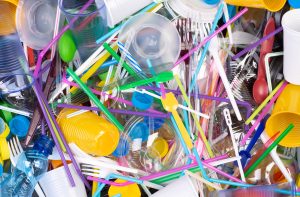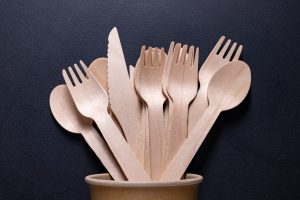
In a landmark move for environmental conservation, the ban on single-use plastics officially came into effect on October 1st, marking a significant step towards a greener and more sustainable future. This decision reflects a growing global awareness of the devastating impact of plastic pollution on ecosystems, wildlife, and human health. As nations strive to address the environmental crisis, the ban on single-use plastics stands out as a crucial initiative with far-reaching implications.
THE URGENCY OF ADDRESSING PLASTIC POLLUTION
The ban on single-use plastics is a response to the alarming rise in plastic pollution, which has reached crisis levels across the globe. Single-use plastics, including items like straws, bags, and disposable cutlery, contribute significantly to the proliferation of plastic waste. These items often end up in oceans, rivers, and landfills, posing a severe threat to marine life and ecosystems. Plastic pollution not only harms wildlife but also has implications for human health as microplastics enter the food chain.
ENVIRONMENTAL IMPACT OF SINGLE-USE PLASTICS
The ban on single-use plastics is a critical measure to mitigate the environmental impact of these disposable items. Plastic pollution poses a severe threat to biodiversity, as marine animals and birds can mistake plastic for food, leading to ingestion and often fatal consequences. Additionally, plastic waste takes hundreds of years to decompose, contributing to the long-term degradation of ecosystems. The ban aims to reduce the production and consumption of these harmful items, addressing the root cause of the plastic pollution crisis.
POSITIVE ECONOMIC AND SOCIAL IMPLICATIONS
While the ban on single-use plastics primarily targets environmental concerns, it also carries positive economic and social implications. The production and disposal of single-use plastics have long-term economic and social costs, including the expenses associated with waste management, cleanup efforts, and the impact on tourism and fisheries. By curbing the use of single-use plastics, nations can reduce these economic burdens and redirect resources towards sustainable alternatives, fostering a more resilient and eco-friendly economy.
TRANSITIONING TO SUSTAINABLE ALTERNATIVES
The ban on single-use plastics encourages the adoption of sustainable alternatives, such as reusable bags, containers, and compostable materials. Businesses are urged to explore eco-friendly packaging options and consumers are called upon to embrace a more conscious and responsible approach to their daily choices. This transition not only benefits the environment but also promotes innovation in the production of sustainable materials, creating new opportunities for businesses to thrive in a green economy.
CHALLENGES AND IMPLEMENTATION

While the ban on single-use plastics is a significant step forward, its successful implementation will require collaboration between governments, businesses, and consumers. Adequate infrastructure for waste management and recycling must be in place to ensure a smooth transition. Public awareness campaigns and education initiatives will play a crucial role in encouraging behavioural change and fostering a culture of sustainability.
CONCLUSION
The ban on single-use plastics, effective from October 1st, is a decisive move towards a more sustainable and environmentally conscious future. This initiative not only addresses the immediate threat of plastic pollution but also sets the stage for a broader shift in societal attitudes towards consumption and waste. As nations around the world take collective action, the ban on single-use plastics serves as a beacon of hope, signaling a commitment to preserving the planet for future generations.